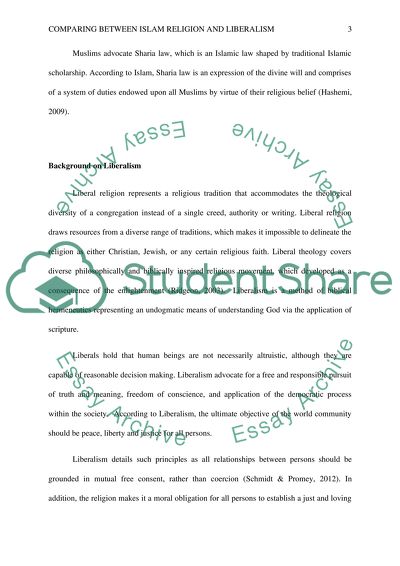Cite this document
(“Compairing between Islam religion and Liberalism Essay”, n.d.)
Retrieved from https://studentshare.org/religion-and-theology/1601374-compairing-between-islam-religion-and-liberalism
Retrieved from https://studentshare.org/religion-and-theology/1601374-compairing-between-islam-religion-and-liberalism
(Compairing Between Islam Religion and Liberalism Essay)
https://studentshare.org/religion-and-theology/1601374-compairing-between-islam-religion-and-liberalism.
https://studentshare.org/religion-and-theology/1601374-compairing-between-islam-religion-and-liberalism.
“Compairing Between Islam Religion and Liberalism Essay”, n.d. https://studentshare.org/religion-and-theology/1601374-compairing-between-islam-religion-and-liberalism.


